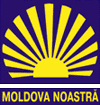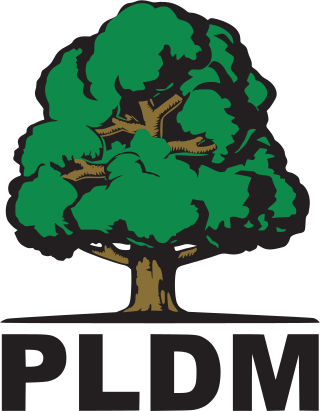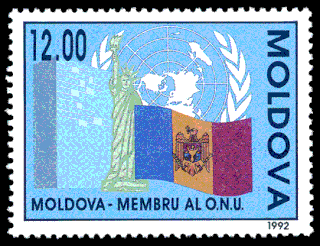- Vladimir Voronin 1941, engineer-economist, jurist, Party of Communists of the Republic of Moldova leader
- Zinaida Greceanîi 1956, economist, the Prime Minister of Moldova.
- Vladimir Țurcan 1954, lawyer, former vice president of the Parliament of the Republic of Moldova
- Victor Mândru 1959, engineer-technologist, master in International Relations, former MP
- Mark Tkaciuk 1966, PhD in history, former MP
- Igor Dodon 1975, economist, PhD in Economy, First Vice Prime Minister
- Vladimir Vitiuc 1972, economist from Bălți, former MP
- Victor Stepaniuc 1958, pedagog, PhD in history, Vice Prime Minister
- Eugenia Ostapciuc 1947, engineer-technologist, former President of the Moldovan Parliament, former MP
- Vladimir Eremciuc 1951, physician from Ocnița, former MP
- Maria Postoico 1950, lawyer, former MP
- Ivan Călin 1935, agronomist, PhD in Economy, diplomat, former MP, former Prime Minister of Moldova.
- Galina Balmoș 1961, pedagog from Strășeni, minister of the Ministry of Social Protection Family and Child
- Valentin Guznac 1961, Mechanical engineer, jurist, Unemployed, minister of the Ministry of Public Administration
- Anatolie Popușoi 1949, agronomist, director "Moldsilva", former MP
- Dmitrii Todoroglo 1944, agronomist, former MP, brother-in-law of Vladimir Voronin
- Grigore Petrenco 1980, economist, former MP, member Party of the European Left
- Vasilii Șova 1959, jurist, minister, Moldovan Reintegration Ministry
- Svetlana Rusu 1972, physician from Florești, Moldova, former MP
- Iurie Munteanu 1972, economist, MBA, Deputy Minister of Economy and Trade, former MP
- Igor Vremea 1973, lawyer from Mereșeni, PhD in law, former MP
- Veronica Abramciuc 1958 historian
- Aliona Babiuc 1969, pedagog, historian from Briceni, former MP
- Elena Bondarenco 1965, economist from Soroca, former MP
- Vadim Mișin 1945, lawyer, PhD in law, former MP
- Alla Mironic 1941, Professor, PhD in Pedagogy, former MP
- Vasile Iovv 1942, economist, PhD in Economy, former MP
- Svetlana Popa 1964, mathematician-cybernetic, alderman, chief of Party of Communists in the City Council of Chișinău.
- Violeta Ivanov 1967, environmental engineer, minister of the Ministry of Ecology and Natural Resources
- Raisa Spinovschi 1972, economist-accountant from Cocieri, former MP
- Anatolie Zagorodnîi 1973, lawyer from Hîncești, master in economic law
- Miron Anton 1941, agronomist, former MP
- Irina Vlah 1974, lawyer from Comrat, PhD in law, member Party of the European Left
- Oleg Reidman 1952, specialist in radiofizica and electronic, former MP
- Oxana Radu 1976, lawyer, superior consultant, Territorial Administrative Department, Ungheni (Direcția teritorială control administrativ Ungheni)
- Zinaida Chistruga 1954, General Director of Licensing Chamber of Moldova
- Ludmila Belcencova 1972, historian, former MP
- Ghenadie Morcov 1965, physician from Drochia, former MP
- Oxana Domenti 1972, economist, PhD in Economy, former MP
- Inna Șupac 1984, anthropologist, master in anthropology, former MP
- Stoicov Iurie 1955, mechanical engineer from Călărași, Moldova, former MP
- Ștefan Grigoriev 1949, physicist from Căușeni, specialist in optics and spectroscopy, former MP
- Eduard Mușuc 1975, alderman, international economic relations, director, ICS "Zalmoxis Grup" SRL
- Petru Porcescu 1953, cadastral engineer from Strășeni, former MP
- Tatiana Botnariuc 1967, pedagog, director of the Territorial Social Security Office Dondușeni
- Oleg Babenco 1968, PhD in History, rector Slavic University of Chișinău, former MP
- Natalia Vâsotina 1970, pedagog, former MP
- Oleg Garizan 1971, historian, mayor of Copceac, Gagauzia
|



















